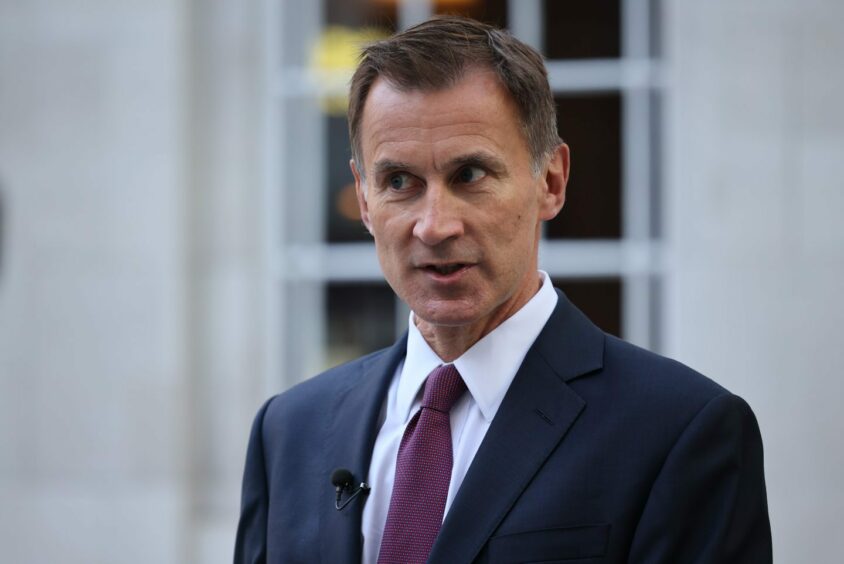
A new Select Committee report voices “significant reservations” over the structure of investment allowances offered to oil and gas firms under the Energy Profits Levy (EPL).
The cross-party Environmental Audit Committee (EAC) described the current structure of the EPL – also known as the windfall tax – as “perverse” in offering investment incentives for “high-carbon oil and gas installations” when public policy requires a shift away from fossil fuels.
In a new report, “Accelerating the transition from fossil fuels and securing energy supplies” the committee said the government should set a clear end date for North Sea oil and gas licensing in a bid to show climate leadership.
The report also called on the Treasury to extend the investment incentives offered to the oil industry to renewable electricity generators.
The Autumn Budget saw Chancellor Jeremy Hunt raise the EPL by 10% – to a total of 35% – meaning oil and gas firms will pay a headline 75% on profits through to 2028. The Treasury has estimated it will raise around £40bn over the next five years.
However, the creation of a new 80% investment allowance, combined with other tax measures, enables firms to claim £91.25 back per £100 spent for oil and gas projects. The Budget made this even more generous for offshore electrification projects – for which firms spending £100 can receive £109.25 back.
Meanwhile, electricity generators were stung with an additional 45% tax rate – expected to raise £14.2bn over the next six years – but were offered no means of reclaiming cash by investing in new renewables projects
“The tax system should help, not hinder, the transition to a low-carbon economy. The original way in which the Investment Allowance was structured provided a perverse incentive to accelerate investment in high-carbon oil and gas installations at a time when the public policy imperative was to accelerate the transition away from fossil fuels,” the EAC report states.
The committee welcomed the change limiting the most generous allowances to investments in upstream decarbonisation, but said it had “significant reservations about the extent of the financial support the Treasury is providing via the Investment Allowance.”
Indeed, the report cites analysis by the Institute for Fiscal Studies which claims the allowances would see North Sea oil and gas “massively subsidised” and “could lead to loss-making investments being rendered commercial”.
At the same time, it recommended that the Treasury examine how a similar “low-carbon Investment Allowance” could be introduced for electricity producers paying the new temporary tax of 45%.
HM Treasury has been approached for comment.
Efficiency spending
The report provides a wide-ranging analysis of the British Energy Security Strategy (BESS), with the EAC calling for a national ‘war effort’ mobilisation on energy efficiency and new low-carbon generation.
To fund this effort, it said a share of revenues raised under the EPL should also be allocated to energy efficiency projects “immediately”.
“We call on the newly announced Energy Efficiency Taskforce to work with the Chancellor to allocate a proportion of the Energy Profits Levy revenue in the current Parliament to increasing energy efficiency investments, targeting these investments at the most vulnerable to lower permanently the costs of heating their homes,” the EAC said.
It noted the government had already missed an opportunity to get ahead on energy efficiency during last summer and autumn, while over 13 million homes in England (59%) remain below an EPC ‘C’ rating.
The EAC called for at least 1 million energy efficiency installations a year by 2025, targeting 2.5 million a year by the end of the decade. This compares with fewer than 100,000 efficiency upgrades installed in 2021.
The findings follow a report from the UK Energy Research Centre which found a lack of effort and information to help households save energy to be a “critical gap” in the Government’s response to soaring bills.
